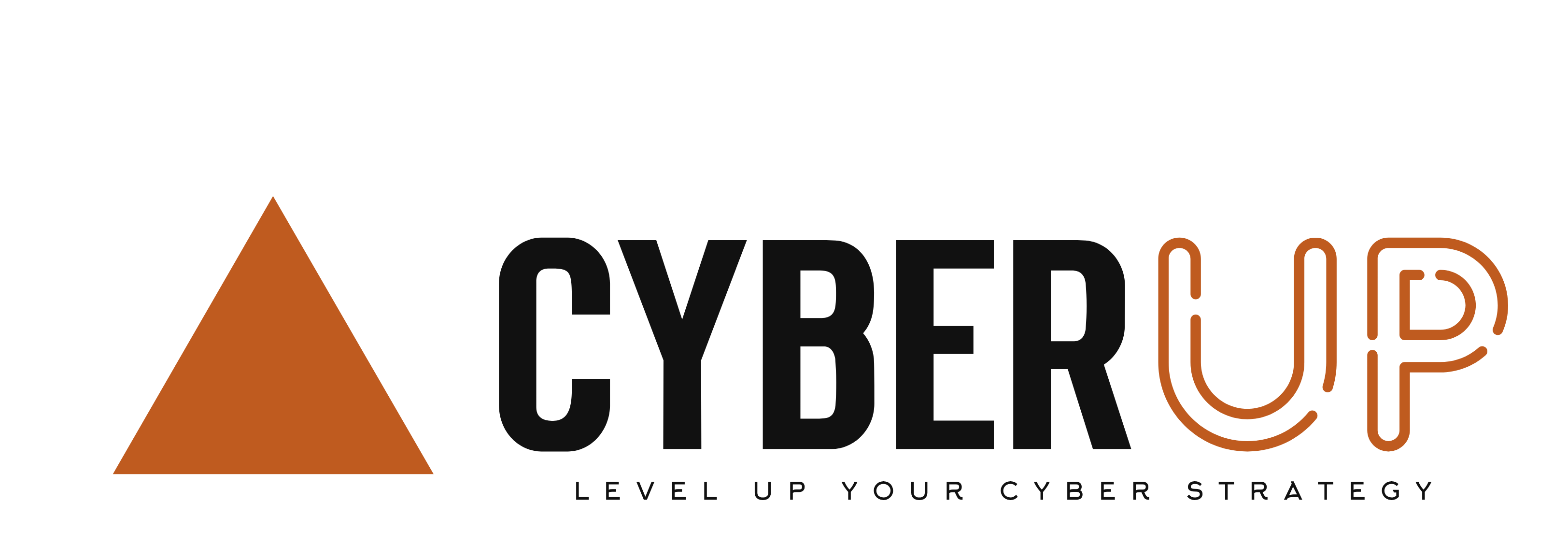The holiday season is a time for joy, giving, and celebration, but it’s also an opportunity for cybercriminals to exploit businesses. As online shopping and digital transactions surge, small businesses become more vulnerable to phishing scams, malware attacks, and other cyber threats.
Elevated risks for small businesses
Small businesses often have limited resources and expertise in cybersecurity compared to larger corporations. This makes them more susceptible to targeted attacks that exploit their vulnerabilities. Additionally, the holiday rush can lead to distractions and reduced staffing, making it easier for cybercriminals to infiltrate systems.
Common cyber threats during the holidays
- Phishing scams: These emails or text messages masquerade as legitimate communications from trusted organizations, such as shipping companies or payment gateways, to trick recipients into clicking malicious links or opening attachments.
- Malware attacks: Cybercriminals distribute malware disguised as legitimate software, files, or links. Once installed, malware can steal sensitive data, encrypt files, or disrupt operations.
- Ransomware attacks: These attacks hold a victim’s data hostage until a ransom is paid. The consequences can be devastating for small businesses, potentially leading to financial ruin and reputational damage.
- Supply chain attacks: Cybercriminals target the suppliers of small businesses to gain access to their systems and steal sensitive information or disrupt operations.
Protecting small businesses from holiday cyberthreats
Fortunately, there are several measures small businesses can take to protect themselves from cyber threats during the holiday season:
- Educate employees: Conduct regular cybersecurity training to help employees identify phishing scams, malware, and social engineering tactics. Emphasize the importlinks androng passwords, avoiding suspicious links, and reporting suspicious activities.
- Implement strong security measures: Keep operating systems, software, and applications up to date to patch vulnerabilities. Enable multi-factor authentication for all accounts, including email, payment gateways, and employee logins.
- Securely handle sensitive data: Protect customer information, payment details, and confidential business data with encryption and access controls. Avoid storing sensitive data unencrypted on public cloud storage.
- Monitor network activity: Regularly monitor network traffic for suspicious activity and install intrusion detection systems to flag potential intrusions.
- Secure public Wi-Fi: Avoid conducting sensitive transactions or accessing company data on public Wi-Fi networks, as they are more susceptible to eavesdropping and data theft.
The role of a trusted cyber advisor
Small businesses can significantly enhance their cybersecurity posture by partnering with a trusted cyber advisor like CyberUp. A cyber advisor can provide comprehensive assessments of their current security posture, identify potential vulnerabilities, and recommend tailored solutions. They can also offer ongoing monitoring, incident response assistance, and training for employees.
At CyberUp, we understand the unique challenges faced by small businesses in protecting their operations and sensitive data. For that reason, we offer a range of cybersecurity solutions specifically tailored to the needs of small businesses.
Investing in cybersecurity is not just about preventing data breaches, it’s about protecting your business’s financial health, reputation, and the trust of your customers. With CyberUp as your trusted cyber advisor, you can navigate the holiday season with confidence, knowing that your business is protected from the ever-evolving cyber threats that lurk online.














